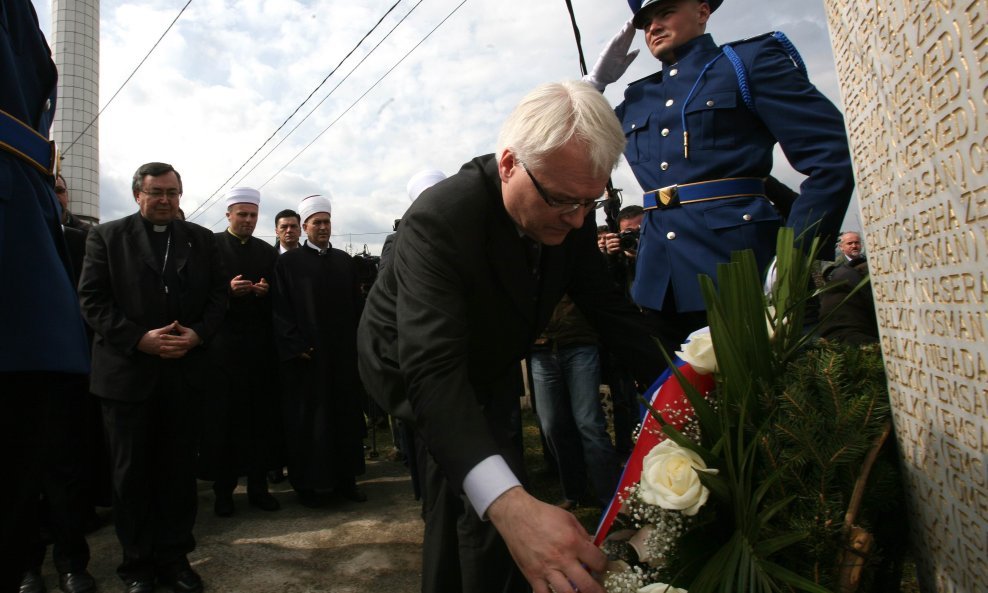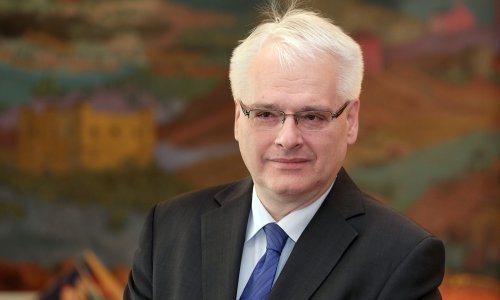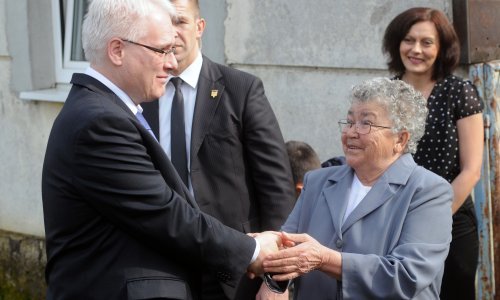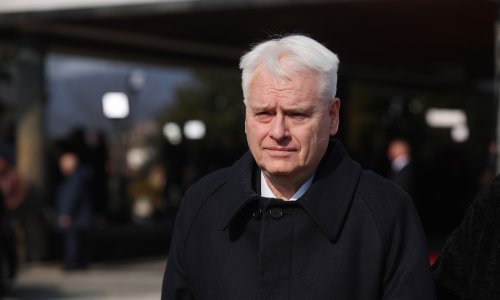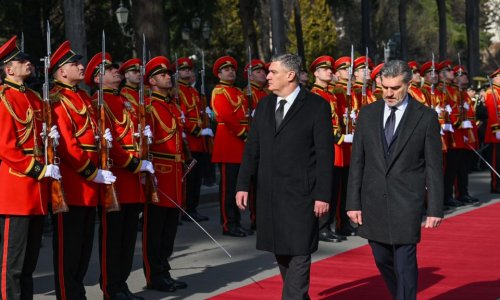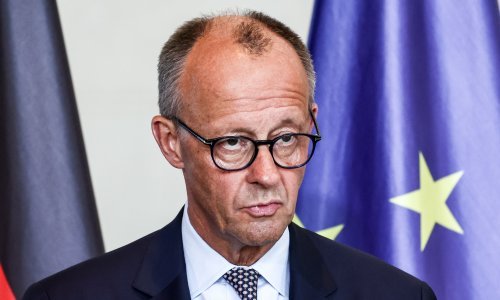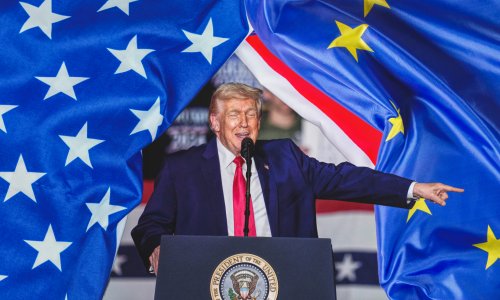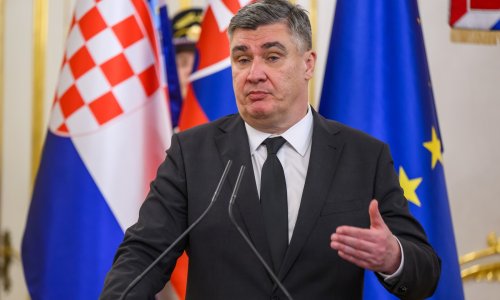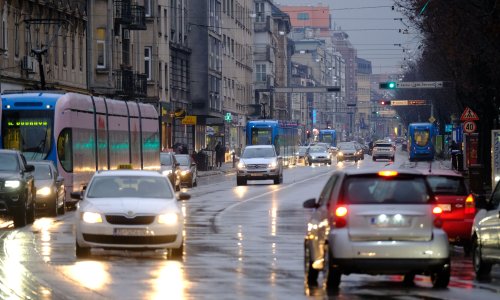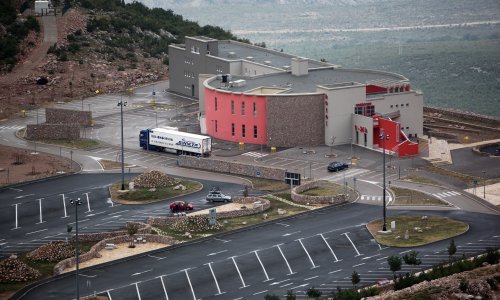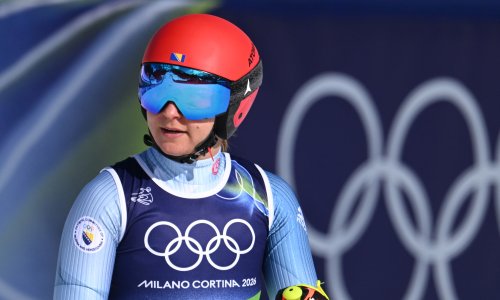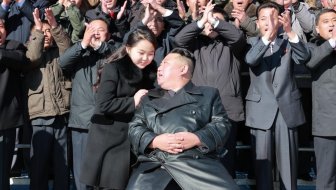The British newspaper The Guardian of Thursday ran a comment piece on the state of political consciousness in Croatia, Serbia, and Bosnia and Herzegovina following a speech delivered by the president of Croatia during his visit to Sarajevo last week.
"Last week, Croatia's President Ivo Josipovic's groundbreaking apology for Croatia's role in the wars of the former Yugoslavia seemed to signal a break with the nationalist narratives of the region," the journalist, Heather McRobie, said in the article entitled "Croatia's fragile progressive voice."
The article says that Josipovic took the unprecedented step of paying tribute to Bosnian Muslim victims of the 1993 Ahmici massacre, adding that this seemed to be the kind of progress Josipovic had promised in his election campaign and in his concept of "a new justice" promoting individual rights, anti-corruption and social justice.
"But while the president's speech was welcomed in Bosnia and abroad, the divided response among Croatian politicians forced Josipovic to backtrack, highlighting how the region is caught between old and new political languages. Croatia's prime minister Jadranka Kosor condemned his speech, arguing that 'Croatia never fought an aggressive, but a defensive war'," the article says.
"That Josipovic then retreated - claiming he hadn't apologised for Croatia's wartime role, only 'expressed regret' - shows the fragility of progressive voices, and the continued power of narratives which insist only one side suffered during the brutal breakup of Yugoslavia," it adds.
The article goes on to say that compromise with the old narratives was more overt in Serbia's Srebrenica resolution, which is described as "a step forward in Serbian political language, yet simultaneously part of continued genocide-denial" and as "lukewarm".
The article says that no attempt is being made to build a stable Bosnian identity, adding that people identifying themselves as Bosnians, rather than as members of one of the three constituent peoples - Bosnian Croats, Bosnian Serbs or Bosnian Muslims/Bosniaks - are discriminated against in employment.
It also cites segregated education along ethnic lines, saying that the next generation of people will not think of themselves as Bosnians at all, but only part of a constituent nation, with nothing in common with their neighbours.
"It is in this climate that Josipovic's recognition of Croatia's role in the war was so refreshing, and his subsequent retreat in the face of old rhetorics so disappointing," the article concludes.



